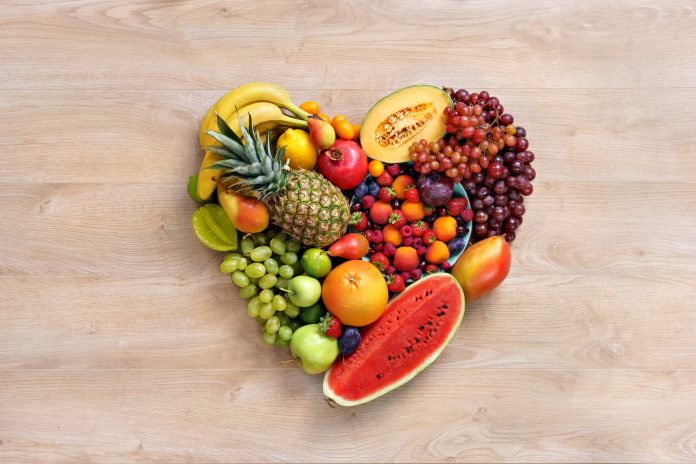
H pylori infections are relatively common. Some people develop nasty signs, whereas others don’t. The majority of people who do develop symptoms experience issues in the upper GI tract, such as heartburn, bloating and stomach ache, though some may additionally develop lower GI symptoms such as diarrhea.
Good To Know
What many people do not understand is that a lot of commonly eaten meals could cause exactly the same – or similar – symptoms as H pylori. This will result in confusion. First, H pylori can be successfully eradicated only for symptoms to stay if these irritating foods are not avoided. Second, symptoms can all go away when people keep away from these foods, even when H pylori is still present.
Thus, eradicating H pylori and overcoming symptoms usually are not necessarily the same thing! Sadly, the medical system doesn’t address foods and diet when treating sufferers who’ve H pylori. But give it some thought: the foods that you put in your mouth day in, day out, are sure to affect the well being of your gut.
Fortunately, it is relatively simple to keep away from these trouble-causing meals, so long as you realize the what various foods are available.
Gluten and soy, particularly, are enormous problem foods. The creator is allergic to soy, develops flatulence and free stools when consuming it and can attest first hand to the issues this so-called health food can cause.
Three extra meals that may act as main irritants to the gut are cow’s milk, particularly when heavily processed, spicy foods and polyunsaturated oils from seeds and nuts.
Cow’s milk
Cow’s milk is actually the primary allergy causing food on the planet. It presents a conundrum as a result of some people do very well consuming cow’s milk products. Nevertheless some individuals are very sensitive to the sugar (lactose) and protein (casein) in milk, developing digestive symptoms, pores and skin problems and other signs when they eat milk.
Spicy foods
As a result of H pylori damages the delicate lining of the digestive system – significantly the stomach and upper intestine – spicy foods can exacerbate irritation in these areas.
Nevertheless, there’s a caveat here, which is that certain spices, including chilli of all things, can have anti-H pylori properties.
Polyunsaturated oils
This is probably the most controversial topic because seed and nut oils are closely promoted as being healthy choices and should replace the likes of butter.
This is false, dogmatic information. Seeds oils such as sunflower, safflower, corn, soybean and nut oils are damaging to the body, especially when consumed at levels seen in today’s society. They intervene with the body’s potential to make vitality, disrupt thyroid gland perform and oxidize readily within the body, setting the scene for cancer and heart disease.
Specifically, these oils affect the intestine by down-regulating the activity of certain enzymes that assist break down meals. When food isn’t broken down properly, it may be putrefied in the intestine, causing wind, bloating, free stools or constipation.
Olive oil has been proven to have anti-H pylori properties and coconut oil contains lauric acid, which also has anti-H pylori exercise. Thus, not solely are these oils non-disruptive to the gut, they may also help in killing the H pylori.
In summary, if you have H pylori, avoiding cow’s milk for 60-days and eradicating spicy meals might help in quickly lowering digestive symptoms. Avoiding seed oils such as sunflower, safflower, corn and soybean oil has the potential to enhance all aspects of your health.





